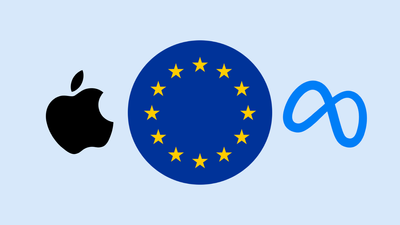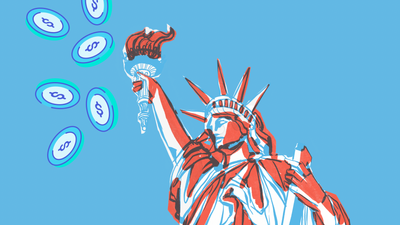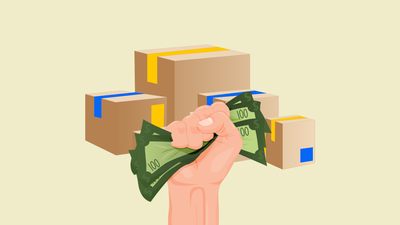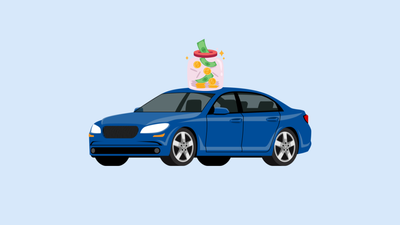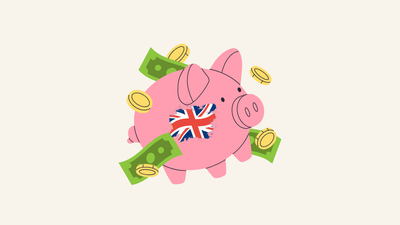Tariff Bluff

Hi ZipLawyer! Today’s Memo:
🇺🇸 Trump's Tariff Bluff
✈️ Third Runway Green Light
🤖 US probes DeepSeek
🧑✈️ Freshfields, Pinsent lead on stranded planes claim
🧬 Sidley advises on cell therapy deal
🙋 What is a Monetary Policy?
Tariff Bluff
Donald Trump is dusting off his tariff playbook, threatening to slap 25% duties on $900 billion worth of imports from Canada and Mexico. The goal? Supposedly to fix trade deficits and squeeze border cooperation, but businesses and foreign leaders are already sweating.
- Mexico’s President Claudia Sheinbaum isn’t convinced Trump will actually pull the trigger—but she’s got a Plan B ready, just in case.
- Canada, on the other hand, is locked and loaded, eyeing retaliatory tariffs on bourbon, coffee, and even big-ticket commodities like oil and uranium.

Meanwhile, the US auto industry—which relies on seamless cross-border production—is bracing for a supply chain nightmare, with execs warning of price hikes and layoffs. So, is this a serious policy shift or just another Trump bluff?
Runway Green Light
Chancellor Rachel Reeves is fast-tracking Heathrow’s third runway, promising there’s “no trade-off” between economic growth and decarbonization. Optimistic? Very. The plan leans on future tech—like sustainable aviation fuel (SAF), hydrogen planes, and carbon capture—none of which exist at scale yet. Right now, aviation makes up 7% of UK emissions, and critics warn that Heathrow’s expansion could wipe out the benefits of the government’s clean energy policies in just five years. The UK is legally bound to slash emissions by 81% by 2035, but with air traffic set to soar, climate activists (and their lawyers) are already sharpening their swords.
Probe Time
US officials are on the hunt, investigating whether Chinese AI startup DeepSeek found a sneaky way around US chip restrictions—by acquiring banned Nvidia semiconductors via Singapore intermediaries. DeepSeek’s latest AI model, R1, has tech insiders buzzing, sparking suspicions that it was powered by Nvidia’s H800 chips—which were officially off-limits to China last year. Now, the FBI and White House are picking apart the company’s supply chain to see if they exploited a loophole.
Freshfields, Pinsent lead on stranded planes claim
Qatar Airways has fired back at Irish aircraft lessor STLC’s $93 million claim for unpaid rent, arguing it is actually owed $155 million due to Western sanctions that grounded the planes. The airline contends that EU and US sanctions on Russia have made it impossible to operate the aircraft, maintain them, or comply with leasing obligations. STLC, a subsidiary of Russia’s state-owned GTLK, insists Qatar Airways must still pay, despite the sanctions. The case adds to the ongoing legal battles involving GTLK's stranded aircraft. Freshfields represents STLC, while Pinsent Masons advises Qatar Airways.
💡 Tip: The full reports for all law firm cases, deals and news are available in the ZipTracker.
Sidley advises on Cell Therapy deal
MaxCyte has acquired gene editing company SeQure Dx in a deal worth up to $7 million, aiming to bolster its cell therapy services from R&D to commercialization. The Delaware-based company paid $4.5 million upfront, with an additional $2.5 million contingent on revenue targets. SeQure, which posted $1.7 million in revenue but a $6.5 million loss, recently transitioned to a contract service model. MaxCyte expects improvements post-acquisition. Sidley Austin advised MaxCyte, while Mintz Levin represented SeQure Dx. CEO Maher Masoud called the move a strategic step toward enhancing precision in cell therapies.
Term of the Day: Monetary Policy
Monetary policy is like a thermostat for a country’s economy—it helps regulate the temperature of spending and inflation. Central banks, like the Bank of England or the Federal Reserve, adjust interest rates and control the money supply to keep the economy stable. If inflation is too high, they "turn down the heat" by raising interest rates, making borrowing more expensive. If the economy is slowing, they "turn up the heat" by lowering rates, encouraging spending and investment.
🙋 Did you find this helpful? If so, please let us know by voting below!

